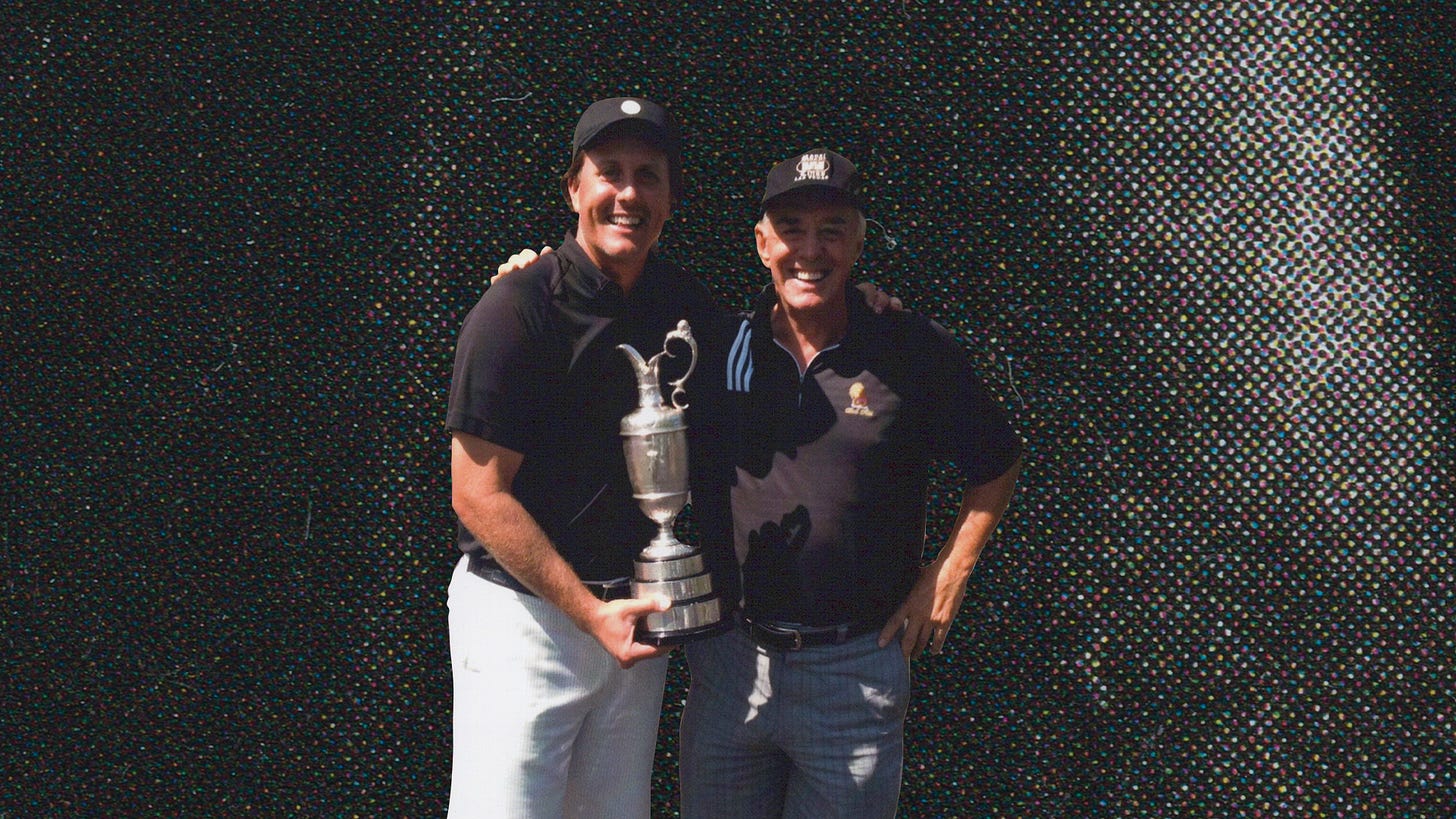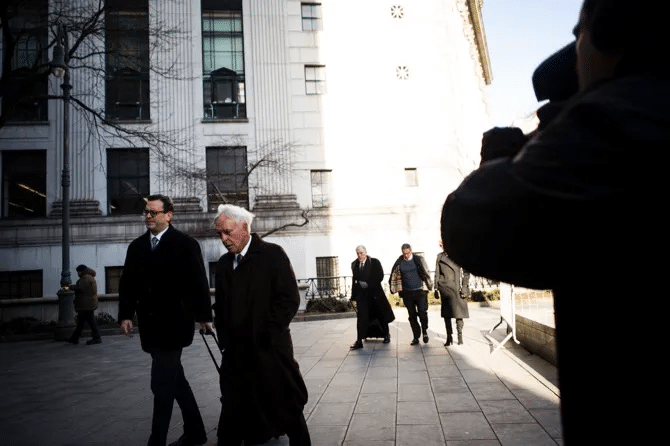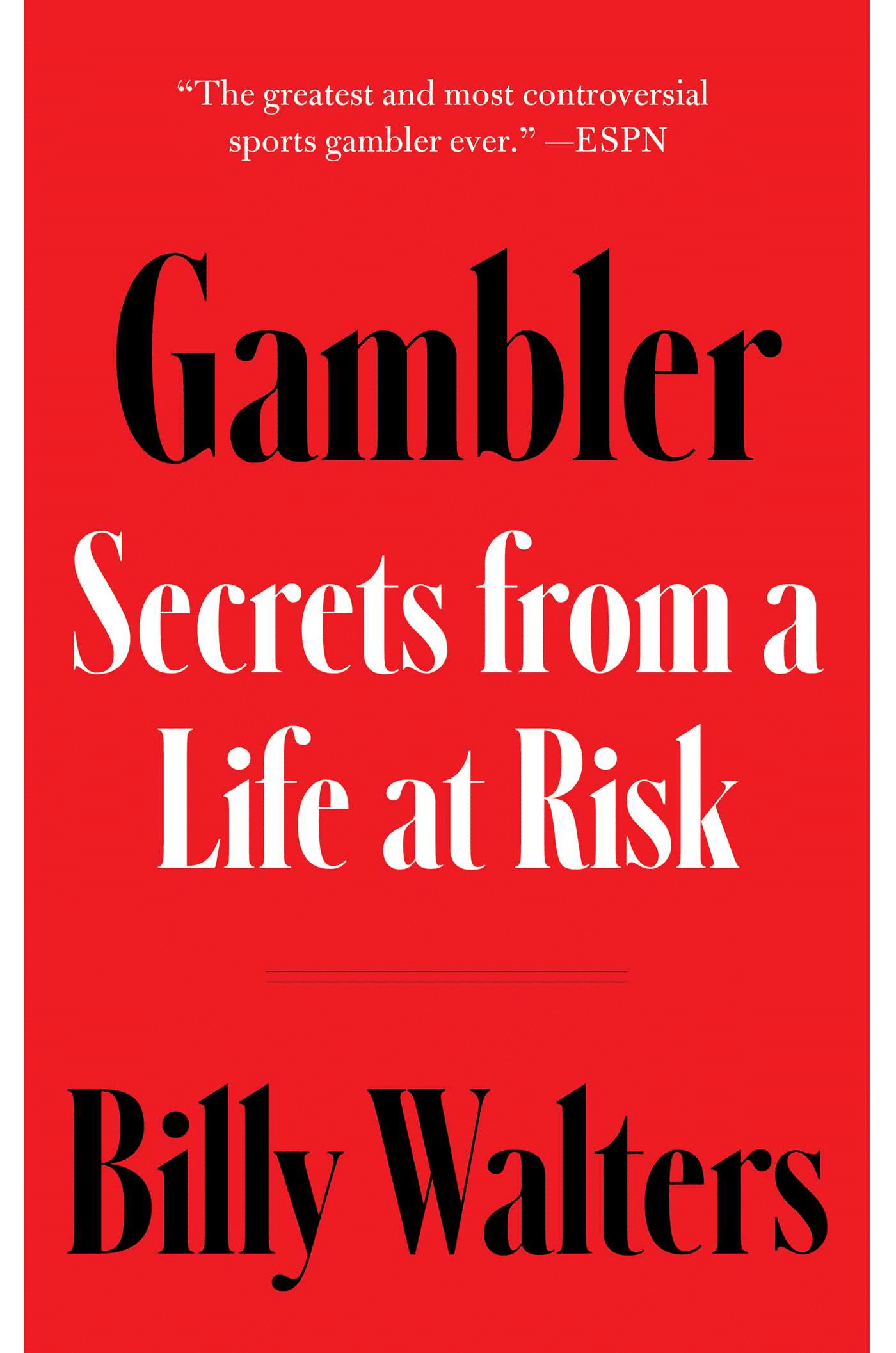Billy Walters: Inside Phil Mickelson’s Gambling Escapades
In the first excerpt from his autobiography, the author has the receipts on Lefty’s staggering sports betting losses and he details a risky phone call from Mickelson at the Ryder Cup that evoked Pete
Excerpted from Gambler: Secrets from a Life at Risk, which can be preordered here.
I first met Phil in 2006 at the AT&T Pebble Beach Pro-Am in Northern California. Swedish pro Freddie Jacobson and I made the cut and, as fate would have it, we were paired with Phil and his amateur partner. Phil and Freddie were on their way to a pair of 77’s and a tie for thirty-eighth place. Throughout the final round, Phil and I talked nothing but sports, oblivious to the beguiling beauty of the Monterey Peninsula and one of my favorite courses in the world. It was evident that he knew of my sports-gambling success and was trying to connect on that level.
Despite his bloated score that day, Phil’s brilliance as a golfer was in full bloom. Throughout the years, I have played with many PGA Tour pros and, frankly, Phil had another gear that most others don’t have. He was also willing to put it all on the line and risk losing a golf tournament to hit one miraculous shot. A man after my own heart!
In May 2008, I was invited to play in another pro-am at the Wachovia Championship in Charlotte, North Carolina, as a guest of the bank. I bumped into Phil in the locker room. This time, he was more direct.
“I hear you do partnerships,” he said.
“I do,” I said. “But only if someone has access to places I can’t bet. Or places where they can bet more money than me.”
Phil had both. After the Wachovia meeting, we kept in touch and eventually entered into a gambling partnership that lasted five years. During that time, we played a few dozen rounds of golf together, most of them in Southern California. We always had a small bet on the line—usually $10,000—but our matches were never about money. We became what I thought were friends. If you’ve ever had a golf buddy, you know what I’m talking about.
More than once throughout our betting partnership, I found myself compelled to offer some quiet counsel to help Phil avoid some of the same issues that plagued me as a younger man. I want to make clear that I’m the last person to criticize someone for an addiction to anything.
From the start, our betting agreement—one we verbally negotiated—called for us to split everything fifty-fifty. Phil put up half the money; I put up the other half. That way, we shared an equal amount of risk and reward.
Phil said he had two offshore accounts that would take big action from him. In all the decades I’ve worked with partners and beards, Phil had accounts as large as anyone I’d seen. You don’t get those types of accounts without betting millions of dollars.
My reason for partnering with him was simple. Given my reputation in the gambling world, my limits with Phil’s two bookmakers were roughly $20,000 a game on college and $50,000 on the pros. Even after our fifty-fifty split, Phil’s limits of $400,000 on college at offshore sportsbooks and another $400,000 on the NFL enabled me to at least double my limits. Phil also had a $100,000 limit on college over/under bets with each book, twenty times my maximum.
By his own admission, Phil was worth an estimated $250 million during our time betting together (he collected a reported $50 million annually in endorsements alone). We agreed that anytime our winnings or losses reached $3 million, we would settle up. In truth, I was no more worried about Phil paying me $3 million than an average person owing me a thousand bucks.
In the beginning, I didn’t know Phil’s betting habits or background, so I did some research. My strategy was to emulate his betting patterns to disguise the fact that it was Billy Walters, not Phil Mickelson, placing the bets. I followed his patterns, betting at the same time, in similar amounts, dogs or favorites, riding his horses as long as we could.
The first six months of our agreement ran like Secretariat. The offshore bookies failed to detect anything different in the pattern of Phil’s bets other than that he was winning far more often. Despite our best efforts to keep the two accounts alive, it wasn’t long before the offshore bookies closed them. They told Phil the bets were far more disciplined than usual, so they knew they weren’t solely his. He could resume betting, they said, but only if it was on his own. This led Phil to activate a formerly dormant account for our partnership.
As I said, Phil liked to gamble as much as anyone I’ve ever met. Frankly, given Phil’s annual income and net worth at the time, I had no problems with his betting. And still don’t. He’s a big-time gambler, and big-time gamblers make big bets. It’s his money to spend how he wants.
In late September 2012, Phil called me from Medinah Country Club just outside Chicago, site of the 39th Ryder Cup matches between the United States and Europe. He was feeling supremely confident that the American squad led by Tiger Woods, Bubba Watson, and Phil himself was about to reclaim the Cup from the Euros. He was so confident that he asked me to place a $400,000 wager for him on the U.S. team to win.
I could not believe what I was hearing.
“Have you lost your fucking mind?” I told him. “Don’t you remember what happened to Pete Rose?” The former Cincinnati Reds manager was banned from baseball for betting on his own team. “You’re seen as a modern-day Arnold Palmer,” I added. “You’d risk all that for this? I want no part of it.’’
“Alright, alright,” he replied.
I have no idea whether Phil placed the bet elsewhere. Hopefully, he came to his senses, especially considering the “Miracle at Medinah.” Trailing 10-6 going into the final day of singles matches, the Europeans pulled off the greatest comeback in Ryder Cup history. They won eight matches and tied one to beat the Americans by a single point, 14½ to 13½.
Phil’s loss to Justin Rose that Sunday contributed to the stunning defeat.
After my betting partnership with Phil ended in the spring of 2014, I learned a lot more about his sports gambling from two very reliable sources.
They said it was nothing for Phil to bet $20,000 a game on long-shot, five-team NBA parlays. Or wager $100,000 or $200,000 a game on football, basketball, and baseball. Based upon my detailed betting records and additional records provided by the sources, here is a snapshot of Phil’s gambling habit between 2010 and 2014:
He bet $110,000 to win $100,000 a total of 1,115 times.
On 858 occasions, he bet $220,000 to win $200,000. (The sum of those 1,973 gross wagers came to more than $311 million.)
In 2011 alone, he made 3,154 bets—an average of nearly nine per day.
On one day in 2011 (June 22), he made forty-three bets on major-league baseball games, resulting in $143,500 in losses.
He made a staggering 7,065 wagers on football, basketball, and baseball.
Based on our relationship and what I’ve since learned from others, Phil’s gambling losses approached not $40 million as has been previously reported, but much closer to $100 million. In all, he wagered a total of more than $1 billion during the past three decades.
The only other person I know who surpassed that kind of volume is me.
Ever since it was revealed that I was writing an autobiography, there’s been a lot of speculation regarding what I’d have to say about Phil. I have no intention of sharing any details about his personal life. I will leave that to others if they so choose.
A number of people in the media, on Twitter, and in the golf world have suggested that Phil ratted me out on insider trading charges (leaving the trial in New York, above). That is not what happened.
What happened was much worse.
Phil Mickelson, one of the most famous people in the world and a man I once considered a friend, refused to tell a simple truth that he shared with the FBI and could have kept me out of prison. I never told him I had inside information about stocks and he knows it. All Phil had to do was publicly say it. He refused.
The outcome cost me my freedom, tens of millions of dollars and a heartbreak I still struggle with daily. While I was in prison, my daughter committed suicide – I still believe I could have saved her if I’d been on the outside.
While this excerpt focuses solely on our betting relationship, my book explores how Phil finagled his way out of not one, but two cases that ended in criminal convictions. As my book makes clear, Phil is not always the person he seems to be.





